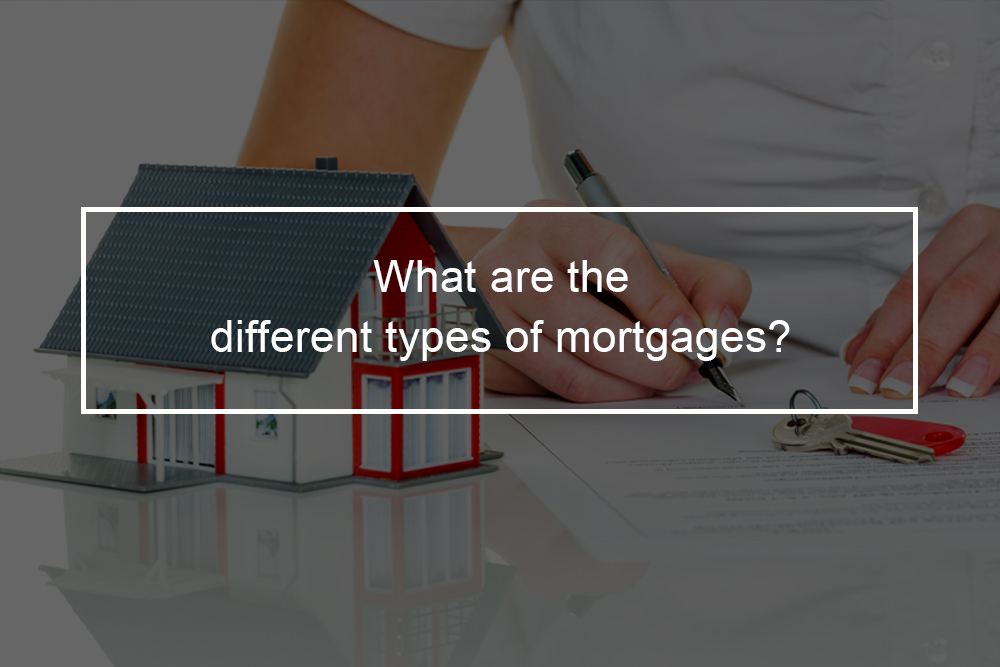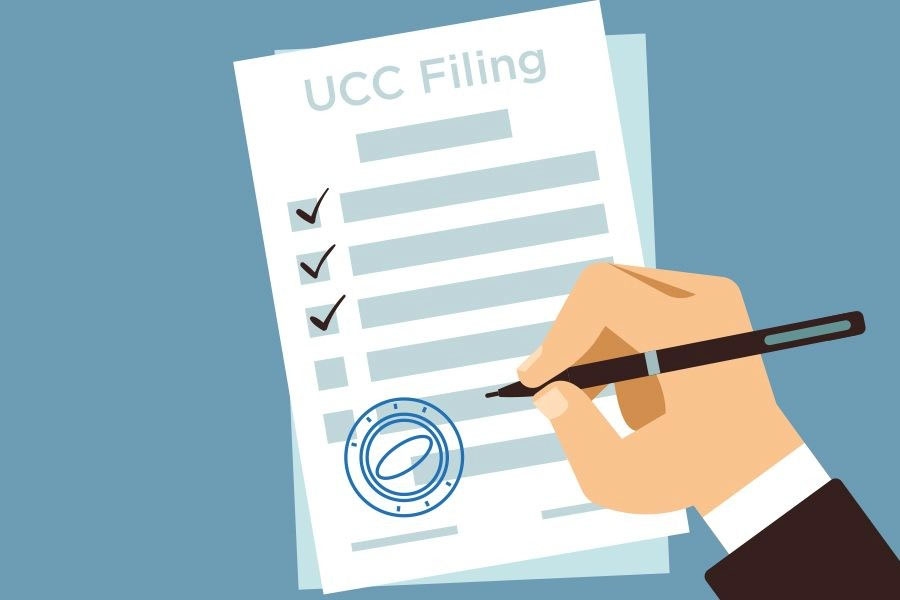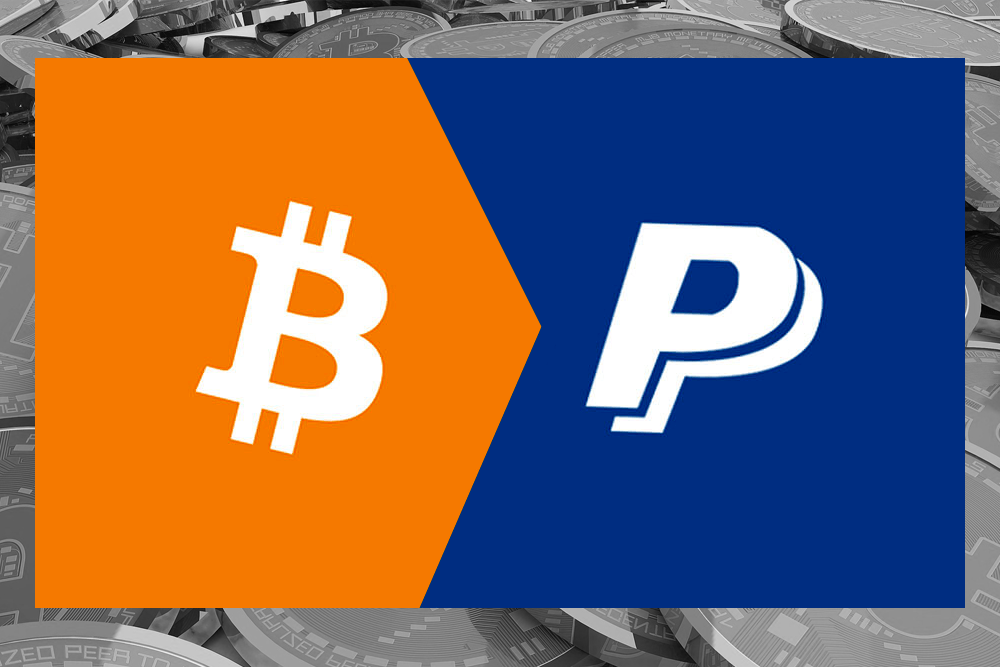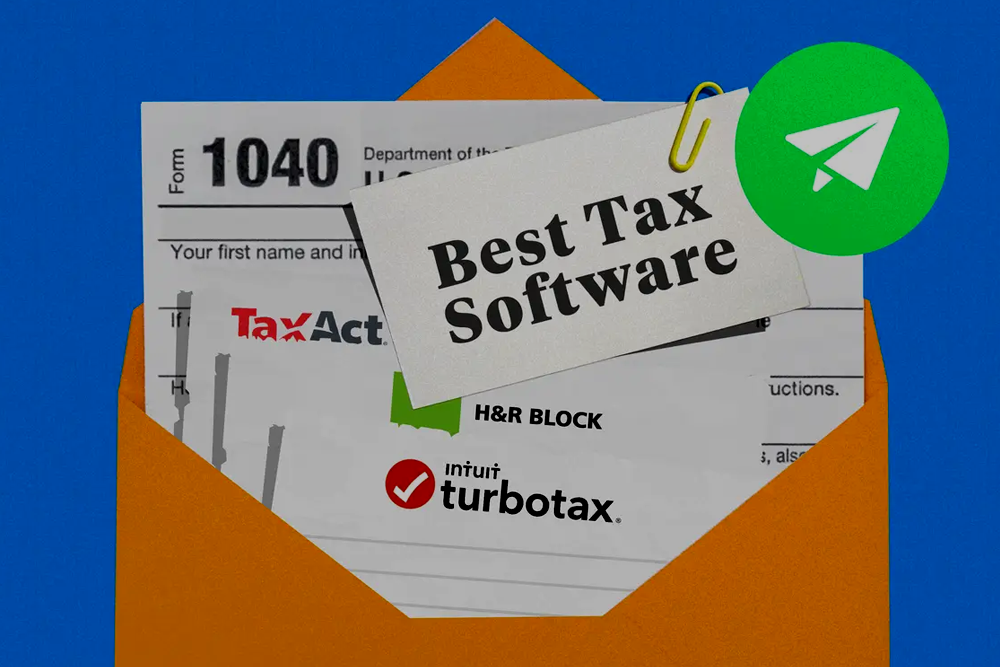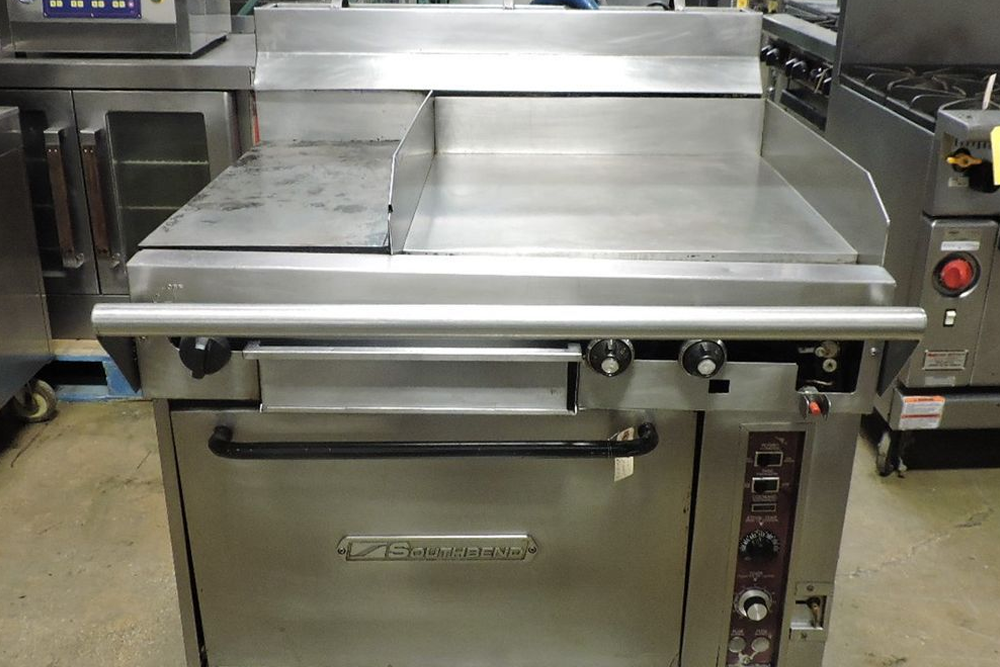When selecting a mortgage, do not just focus on the interest rate and fees you will be charged. You also have to consider the kind of mortgage you want. Read our ultimate guide to find out the various types of mortgages as well as their pros and cons.
Types of mortgages loans for home buyers
What type of mortgage should I get?
Typically, there are two types of mortgages.
- Variable-rate: The interest you pay can change
- Fixed-rate: The interest you are charged stays constant for several years, generally between two to five years.
Fixed-rate mortgages
The interest rate you pay will remain constant all through the period of the deal, no matter what happens to interest rates. Lenders frequently offer different prepayment options enabling quicker repayment of the mortgage and for partial or full repayment of the mortgage. For example, you will see them advertised as a two-year fix or five-year fix, together with the interest rate charged for the duration.
Advantages of fixed-rate mortgages
- It will offer you peace of mind that your monthly payments will stay the same, assisting you to budget.
Disadvantages of fixed-rate mortgages
- If the interest rates decrease, you will not benefit
- Fixed-rate deals are often slightly higher than those of variable-rate mortgages
When considering fixed-rate mortgages watch out for:
- The end of the fixed period: You should look for a new mortgage deal two to three months before it ends, or you will be moved automatically onto the lender’s standard variable rate, which is often higher.
- Fees if you want to leave the deal early: You are bound in for the period of the fix.
Variable-rate mortgages
With a variable rate mortgage, the interest can change at any time. Ensure you have some savings set aside so that you can afford an increase in your payments if rates do accelerate. Variable-rate mortgages come in the following forms:
Standard Variable Rate (SVR)
SVR is a lender’s default, bog-standard interest rate- no bells, deals, or whistles attached. It is an average interest rate your mortgage lender charges homebuyers. Typically it will last as long as your mortgage or till you take out another mortgage deal. Each lender is free to set their SVR and adjust it how and when they like. Generally, there is no mortgage known as SVR mortgage- it is merely what you could call a mortgage out of deal period. After their deal expires, many people find themselves on an SVR mortgage by default, which may not be the best for them.
Advantages of Standard Variable Rate
- Freedom- You can overpay or leave at any time
Disadvantages of Standard Variable Rate
- Your rate can be modified at any time during the loan
Discount mortgages
This is a discount off the creditor’s standard variable rate (SVR) and only applies for a specific length of time, typically two or three years. However, it pays to shop around. This is a kind of variable of a variable rate, so the amount you pay monthly can change if the lender modifies their SVR, which they are free to do as they like. So do not assume that the bigger the discount, the lower the interest rate. For example: Two banks have discount rates
- Bank x has two percent discount off an SVR of six percent ( so you will pay four percent)
- Bank Y has a 1.5 percent discount off an SVR of five percent( so you will pay 3.5 percent)
Even though the discount is larger for Bank x, Bank Y will be the cheaper alternative.
Advantages of discount mortgages
- If the lender reduces the SVR, you will pay less monthly
- Cost_ the rate kicks off less expensive which will keep monthly repayments lower
Disadvantages of discount mortgages
- Budgeting- the lender is free to raise its SVR at any period
- If the bank rates increase, you will possibly see the discount rate increase too.
If you are considering discount mortgages, watch out for the charges if you want to leave before the end of the discount period.
Tracker Mortgages
Tracker rates are a kind of variable rate, which indicates you could pay a different amount to your lender every month. The mortgages move directly in line with another interest rate (for instance, the Bank of England base rate), then including a fixed amount on top. So if the base rate increases or falls, so does your interest rate. Usually, they have a short span, typically two to five years, even though some lenders provide trackers which last for the duration of your mortgage or till you shift to another deal.
Advantages of tracker mortgages
- If the rate it is tracking decreases so will increase your mortgage payments
Disadvantages of tracker mortgages
- With a tracker mortgage, you might have to pay an early repayment fee if you want to shift before the deal ends
- If the rate it is tracking accelerates, so will your mortgage payments
If you are considering tracker mortgages, watch out for: The small print: Check your lender can not accelerate rates even when the rate your mortgage is linked to has not changed. It is rare, but it has occurred in the past.
Capped rate mortgages
Your rate changes in line generally with the lender’s SVR. However, the cap indicates the rate can not increase above a certain level. Often, the interest rate is higher than a tracker mortgage- so you may end up paying extra for that peace of mind. (These are not common these days.)
Advantages of capped rate mortgages
- Affordable: your rate will reduce if the SVR comes down
- Certainty: your rate will not rise above a certain level. But ensure you can afford repayments if it accelerates to the level of the cap.
Disadvantages of capped rate mortgages
- The lender can modify the rate at any period up the level of the cap.
- The rate is typically higher than other fixed and variable rates.
- The cap tends to be placed quite high.
Offset mortgages
These mortgages work by linking your savings and current account to your mortgage so that you only pay interest on the difference. You still repay your mortgage monthly as usual; however, your savings act as an overpayment, which assists in clearing your mortgage early.
Home equity lines of credit (HELOC)
HELOC is a spinning line of credit secured by your home. You can borrow funds up to the credit limit, which is often a percentage of your home’s value. Home Equity Lines of Credit is an option for borrowing on your home’s equity, which is the difference between the value of your home and the unpaid balance of any present mortgage.You can also get a HELOC rather than a traditional mortgage. These products might be split into sections that you repay in various ways. For instance, a HELOC might have a portion with a fixed interest rate and another portion with a variable interest rate.
Open Mortgages
An open mortgage enables you to be flexible to repay the mortgage at any period without penalty. Open mortgages often have shorter terms, but can incorporate some variable rate or longer times as well. Mortgage rates on Open Mortgages are basically higher than on Closed Mortgages with the same terms.
Closed Mortgages
A closed mortgage loan is a mortgage agreement that cannot be prepaid, refinanced, or renegotiated before maturity, apart from according to its terms. Purchasing a home is exciting; however, figuring out the financing side of things can feel overwhelming. The kind of mortgage you choose is essential. The good news is you have far more options than many realize. But in all cases, focus on the interest rate and charges while you compare prices.

